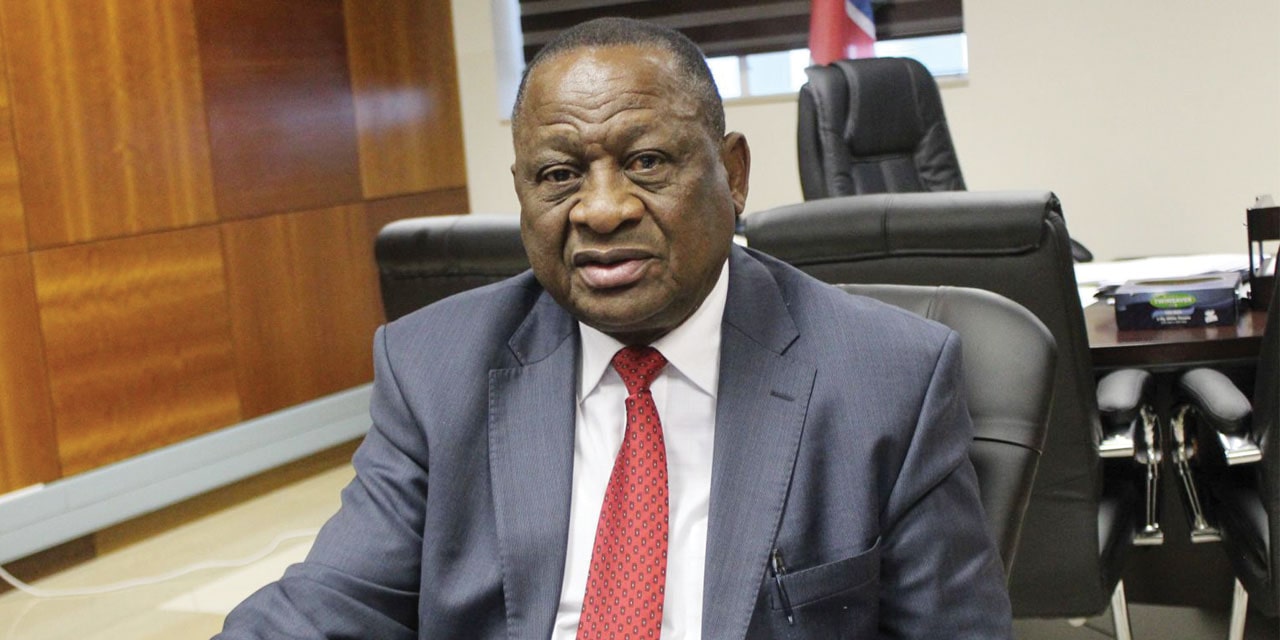Kandjemuni Kamuiiri and Rose-Mary Haufiku
More than three years after Cabinet approved a Mental Health Bill, the Ministry of Health and Social Services (MoHSS) is yet to finalise and submit it to Parliament.
Health Minister, Kalumbi Shangula, confirmed to the Windhoek Observer that the reforming and implementation of the new Bill is still in the process and the current Bill will be repelled.
“We have been in consultation with various stake holders and we are now finalising the Bill, then it will go through to the Parliament.”
He was however mum on when this would be done and how much progress the ministry has made finishing drafting the bill.
The Bill was tabled by Shangula’s predecessor, Bernard Haufiku, in an attempt to better treat mental health illnesses.
Former health Deputy Minister, Juliet Kavetuna, had argued that the Mental Health Act of 1973, which Namibia currently uses, is obsolete. “Mental illness is not inborn; it is not genetic, but triggered by social events, and with every situation where you are living as a normal person on this earth, you might find yourself in a situation where you need to be cared for because of your mental state,” former Health Deputy Minister stated then.
According to media reports, Kavetuna had argued that mentally challenged people who are admitted into mental health care institutions, are not evaluated later during their stay in the mental institution to assess whether they have been treated and could be sent back into society.
Namibia is currently still using the Mental Health Act of 1973, which was established by the South African Apartheid government nearly 50 years ago, and which South Africa itself is no longer using.
South Africa’s Mental Health Care Act of 1973 was amended in 2002 and commenced on 15 December 2004 with the intention to provide for the care, treatment and rehabilitation of persons who are mentally ill, and also to set out different procedures to be followed in the admission of such persons.
Ministry of Justice Executive Director, Gladice Pickering, said there were currently no challenges in reforming the Mental Health Act, which is considered outdated.
“The Ministry of Justice is unaware of the challenges that could have occurred during reforming the new mental health law, and implementing a new bill since it is not our responsibility to administer or implement that law,” she said.
Pickering insists that the ministry’s role will be to translate the policy created by the Ministry of Health and Social Services into legislation.
“Under that project, we look at various legislation to see if that legislation still has some value of application in Namibia, and if there are parts of that legislation that has become obsolete, we can repeal the obsolete parts or we can repeal the law all together if we find that it has become completely obsolete.” Pickering continued to say that if the law still has some value of application, they can still have it and move forward with amendment.
“Just like we have the 1977 Criminal Procedure Act with various amendments, those amendments are then spearheaded by the line ministry responsible for that legislation, which in this case will be the Ministry of Health and Social Services,” Pickering stated.
MoHSS statistics show that compared to 2014 whereby 9 257 patients were treated for mental health countrywide, at least 8 527 people were treated in 2015.




